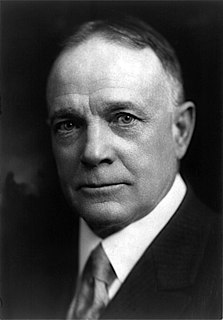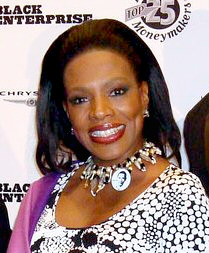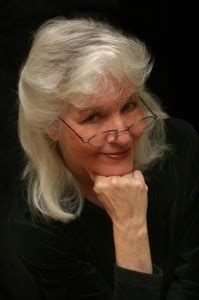A Quote by Louise J. Kaplan
Mothers tend to encourage their sons to run away and romp.... Mothers of little boys often complain that "There's no controlling him." "He's all over the place...." The complaints are tinged with more than a little pride at the boy's marvelous independence and masculine bravado. It's almost as though the mother enjoyed being overwhelmed by her spectacular conquering hero.
Related Quotes
Daughters could survive a powerful mother, but boys found it almost impossible. Such boys were often severely damaged and spent the rest of their lives running away from their mothers, or from anybody who remotely reminded them of their mothers; either that, or they became their mothers, in a desperate, misguided act of psychological self defence.
As important as the father is in the life of a child, even he must take second place to mother during the first three years of life.... Consequently, mothers actually have more to do with producing a predisposition toward homosexuality than fathers. Two kinds of mothers are particularly harmful - smother mothers and dominating mothers.
I was thinking a lot about myself and my own super inextricably Jewish boy link with my mother. I felt like even a Jewish spy would have this relationship, so yes, I was very much exploring this relationship of boys and their mothers, and Jewish boys and their mothers. Exactly that, the ridiculous lengths that a doting mother will go for her son, and the ridiculous lengths that - I will pretend this is distanced from me - the ridiculous neediness of a grown man for a mother.
Being a kind, emperor, or president is mighty small potatoes compared to being a mother. Commanding an army is little more than sweeping a street compared with training a boy or girl. The mother of Moses did more for the world than all the kinds that Egypt ever had. Oh, you wait until you reach the mountains of eternity, then read the mothers' names in God's Hall of Fame.
I especially wish to praise and encourage young mothers. The work of a mother is hard, too often unheralded work... Do the best you can through these years, but whatever else you do, cherish that role that is so uniquely yours and for which heaven itself sends angels to watch over you and your little ones.
It is a fact perhaps kept a little too much in the background, that mothers have a self larger than their maternity, and that when their sons have become taller than themselves, and are gone from them to college or into the world, there are wide spaces of their time which are not filled with praying for their boys, reading old letters, and envying yet blessing those who are attending to their shirt-buttons.
I think we spend a lot of time denying our mothers. We understand other women earlier than we understand our mothers because we're trying so hard to say, "I'm not going to be like my mother" that we blame her for her condition. If we didn't blame her for her condition, we would have to admit that it could happen to us, too. I spent a long time doing that, thinking that my mother's problems were uniquely her fault.
After I discovered the real life of mothers bore little resemblance to the plot outlined in most of the books and articles I'd read, I started relying on the expert advice of other mothers--especially those with sons a few years older than mine. This great body of knowledge is essentially an oral history, because anyone engaged in motherhood on a daily basis has no time to write an advice book about it.
And an unaware witch means a witch who doesn't know she's a witch, and because she's a women that makes her double trouble. Never trust a women." My mothers a women," I said, suddenly feeling a little angry, "and I trust her." Mothers are usually women," said the Spook. "And mothers are usually quite trustworthy, as long as your their son. Otherwise look out!
































